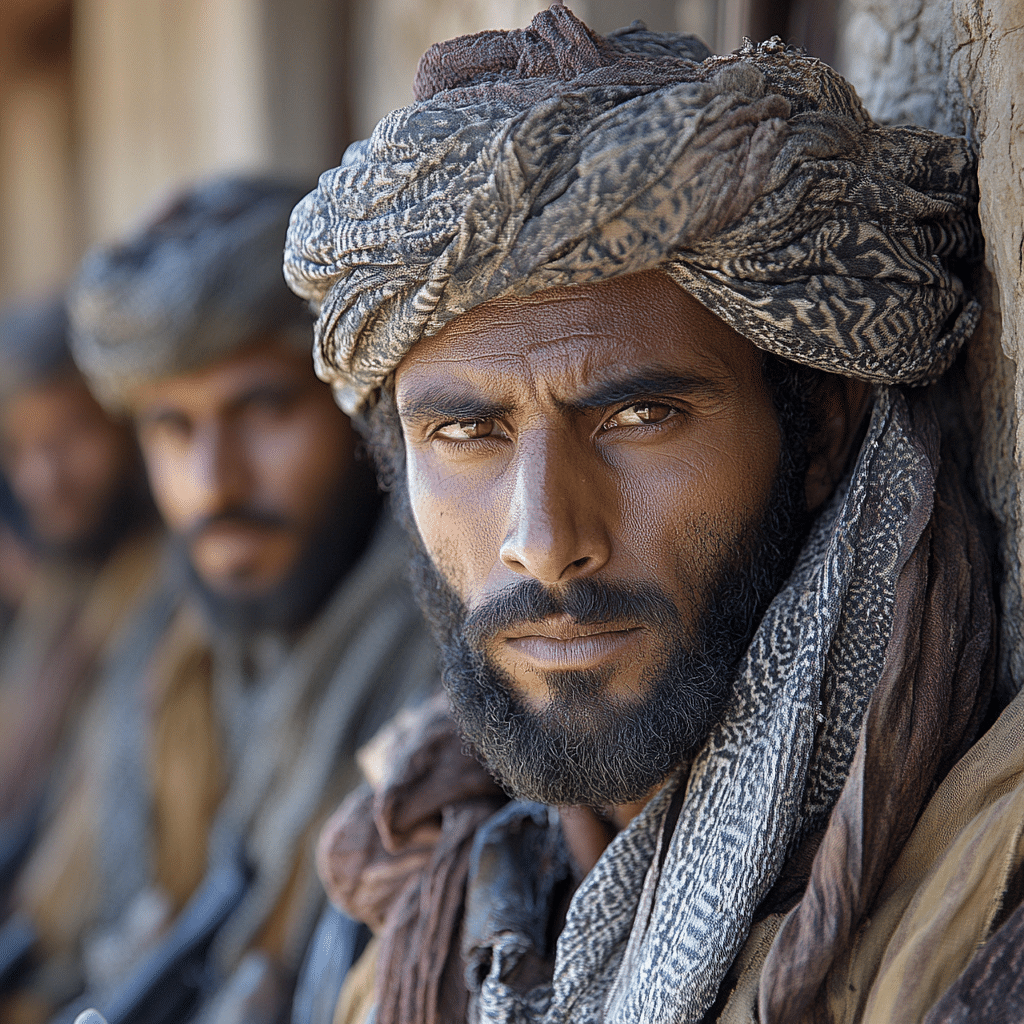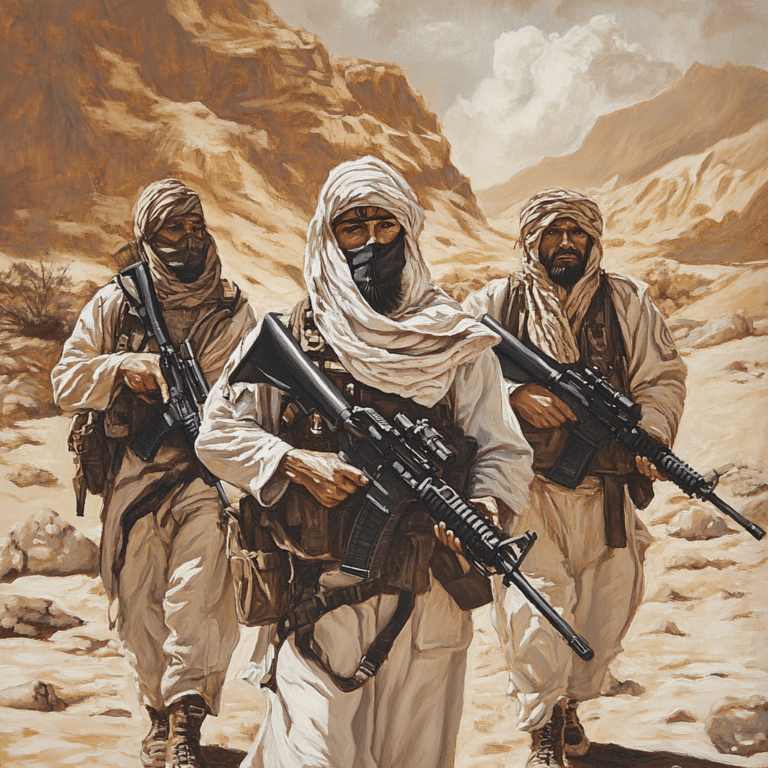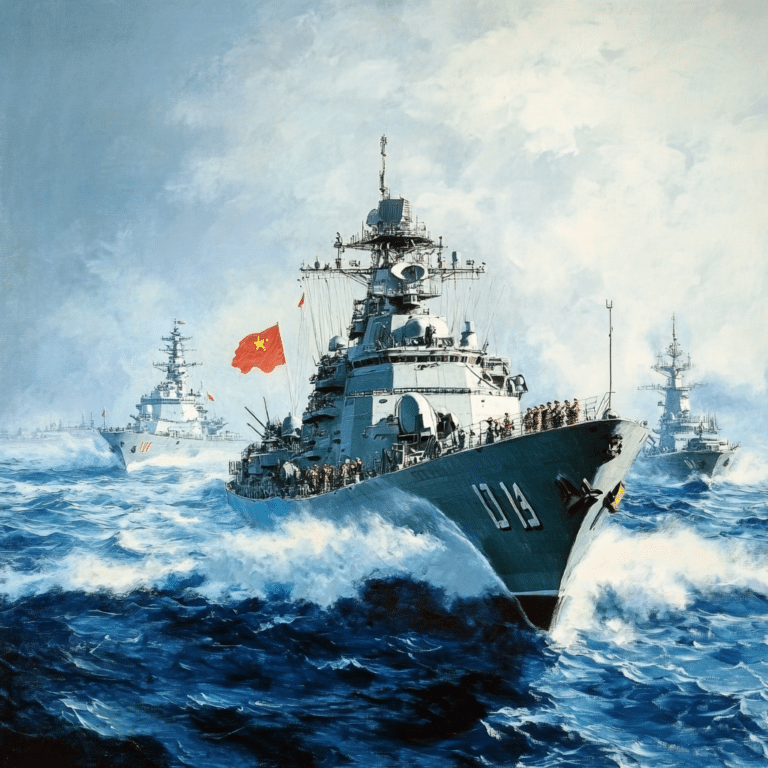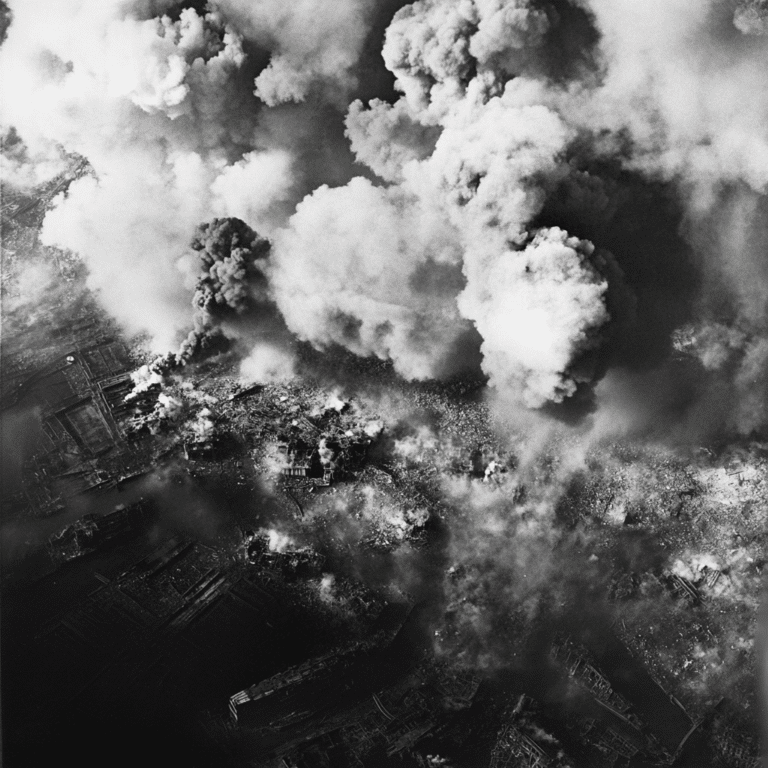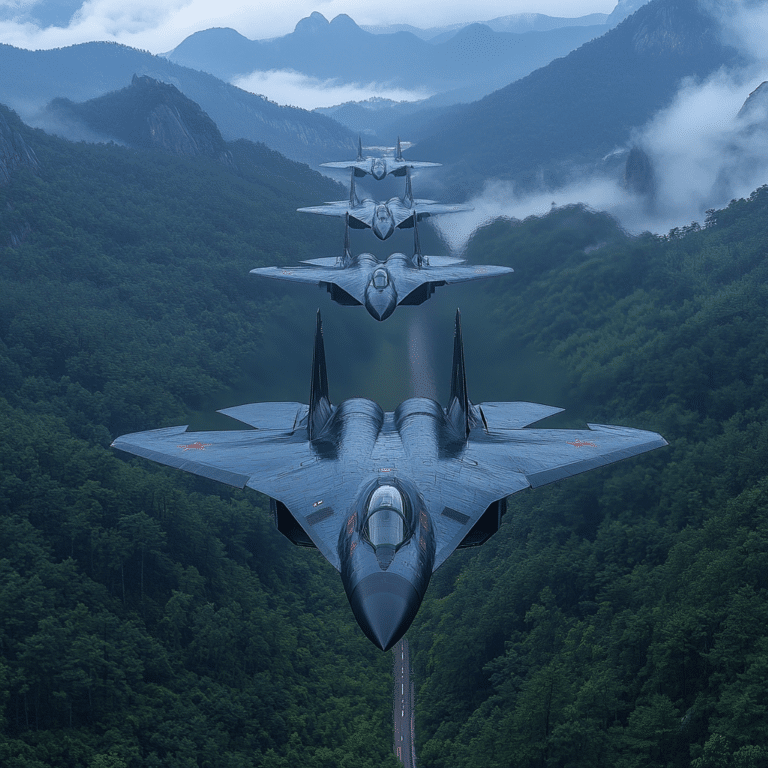The Houthi rebels, officially called Ansar Allah, have become a significant and unsettling force in Yemen’s ongoing civil war. Since their uprising in 2014, these rebels have capitalized on political, social, and religious dissatisfaction, gaining substantial ground and support within the Zaidi Shiite community. As the Houthi rebels orchestrate their campaign with an iron fist, they challenge not only the Yemeni government but also global powers devoted to stabilizing the Middle East. This group’s growing influence demands our attention, especially as their ambitions extend beyond Yemen and aim to disrupt our allies, particularly the United States and Saudi Arabia.
The Influence of Houthi Rebels in Yemen’s Ongoing Conflict
The Houthi rebels aren’t just players in a local conflict; they are pivotal figures in a larger geopolitical chess game. These rebels empower external factions that challenge Western interests while pushing back against traditional beliefs and conservative values. Their narrative often plays on regional grievances, leading to a fervent anti-Western sentiment that resonates among certain populations. The push for their ideology is not just about governing Yemen; it embodies a broader struggle against perceived Western hegemony that could threaten U.S. national security.
Moreover, the Houthis wield religious and political narratives like weapons, rallying supporters by portraying themselves as defenders of the Zaidi community against the threats posed by both the Yemeni government and foreign powers. This makes their movement more than just a local insurrection; it’s a symptom of the longstanding sectarian divide that has fueled tensions throughout the Middle East.
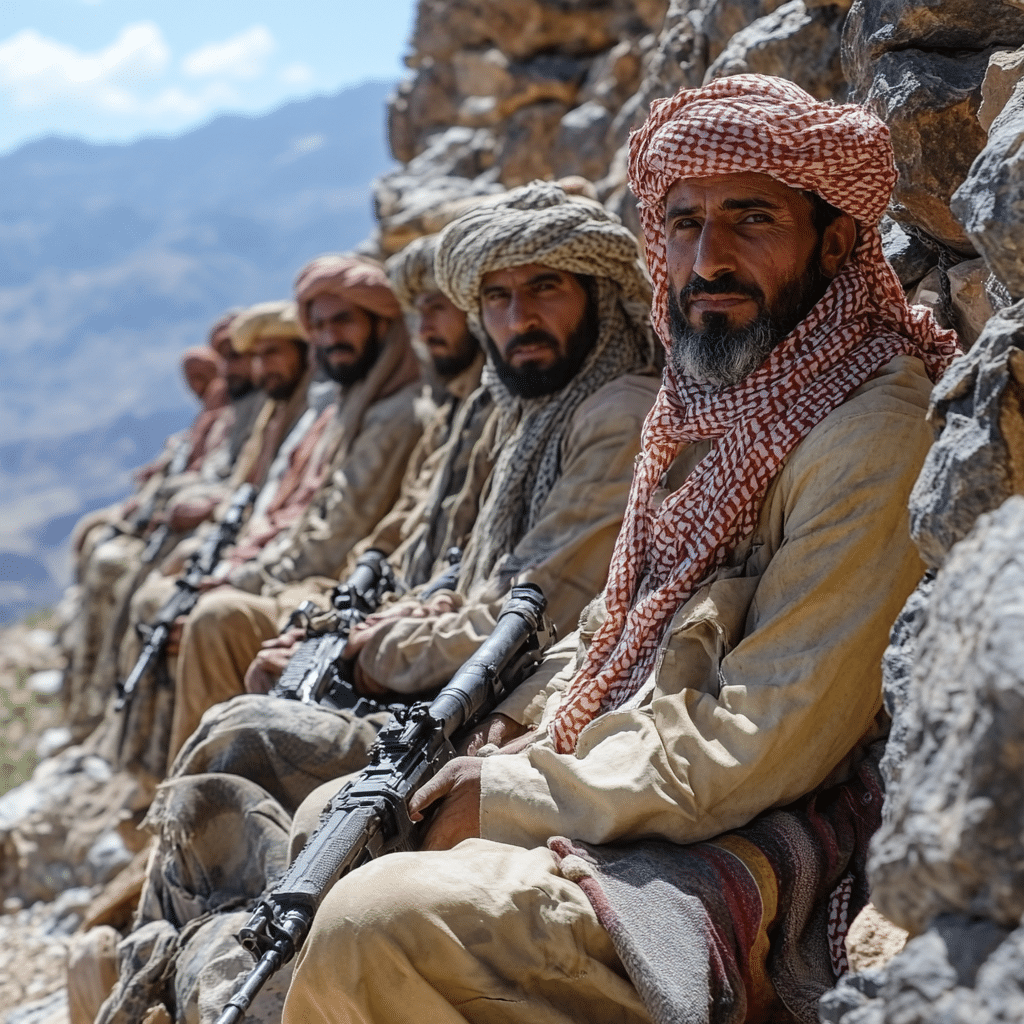
5 Key Areas Where Houthi Rebels Are Challenging Global Powers
The military capabilities of the Houthi rebels have significantly advanced, alarming international observers. Their use of drone technology and ballistic missiles is a testament to their growing sophistication, leaving countries like Saudi Arabia on edge. For instance, the attacks on Saudi oil facilities, including the infamous strike on Abqaiq, send shockwaves through global oil markets. This burgeoning military might directly impacts regional stability and threatens to push the already fragile security dynamics in the Arabian Peninsula to the brink.
The alliance with Iran marks the Houthis as a dangerous proxy for one of the world’s leading adversaries. Iran’s support allows the Houthis to challenge U.S. interests in the region effectively. This dangerous alliance complicates efforts by the Saudi-led coalition to restore the Yemeni government and demonstrate the lengths Tehran is willing to go to extend its influence—playing a dangerous game that could destabilize the entire region.
As the Houthi rebels maintain control over vital supply routes, they exacerbate what is considered one of the world’s worst humanitarian crises. While the group is often accused of obstructing humanitarian aid, this strategy cleverly ensures that they retain the upper hand over rival factions. This manipulation puts additional pressure on global powers that face the humiliating choice between action and inaction, as neither option leads to good outcomes for those caught in the conflict.
The Houthis are no strangers to modern warfare tactics, including cyber warfare. They’ve turned social media and propaganda into tools of psychological manipulation. By creating a narrative that garners both domestic support and international sympathy, they have reshaped perceptions of their plight, forcing global powers to reconsider their positions. The speed at which misinformation spreads today enhances the dangerous potential for such tactics, highlighting a critical area that demands attention.
The effect of the Houthi rebels extends well beyond Yemen, forcing a reevaluation of military and political strategies among regional powers. As they gain strength, countries like Saudi Arabia and the UAE must approach their international relationships cautiously. The shifting balance has direct implications for U.S. interests in the region, as allies struggle to respond effectively to an ever-evolving threat landscape.
The International Response to Houthi Aggression
Around the globe, responses to the Houthi rebels have been diverse and, more often than not, ineffective. The United Nations has pushed for peace talks, but substantial resolutions remain just out of reach. The dilemma for countries like the U.S. centers on how best to support allies like Saudi Arabia while advocating for humanitarian efforts without further complicating an already intricate conflict. As reports emerge of civilian casualties in Yemen, scrutiny around international arms sales to Saudi Arabia intensifies, making it increasingly challenging to find a suitable solution to this crisis.
The hesitancy to commit fully to either side underscores the delicate balance that must be maintained. While human rights violations and desperate pleas from civilians press the international community to act, direct interventions risk embroiling global powers in conflicts that stretch far beyond their interest and capabilities. Maintaining this balancing act between supporting allies and safeguarding moral integrity shapes the complexities of global diplomacy today.
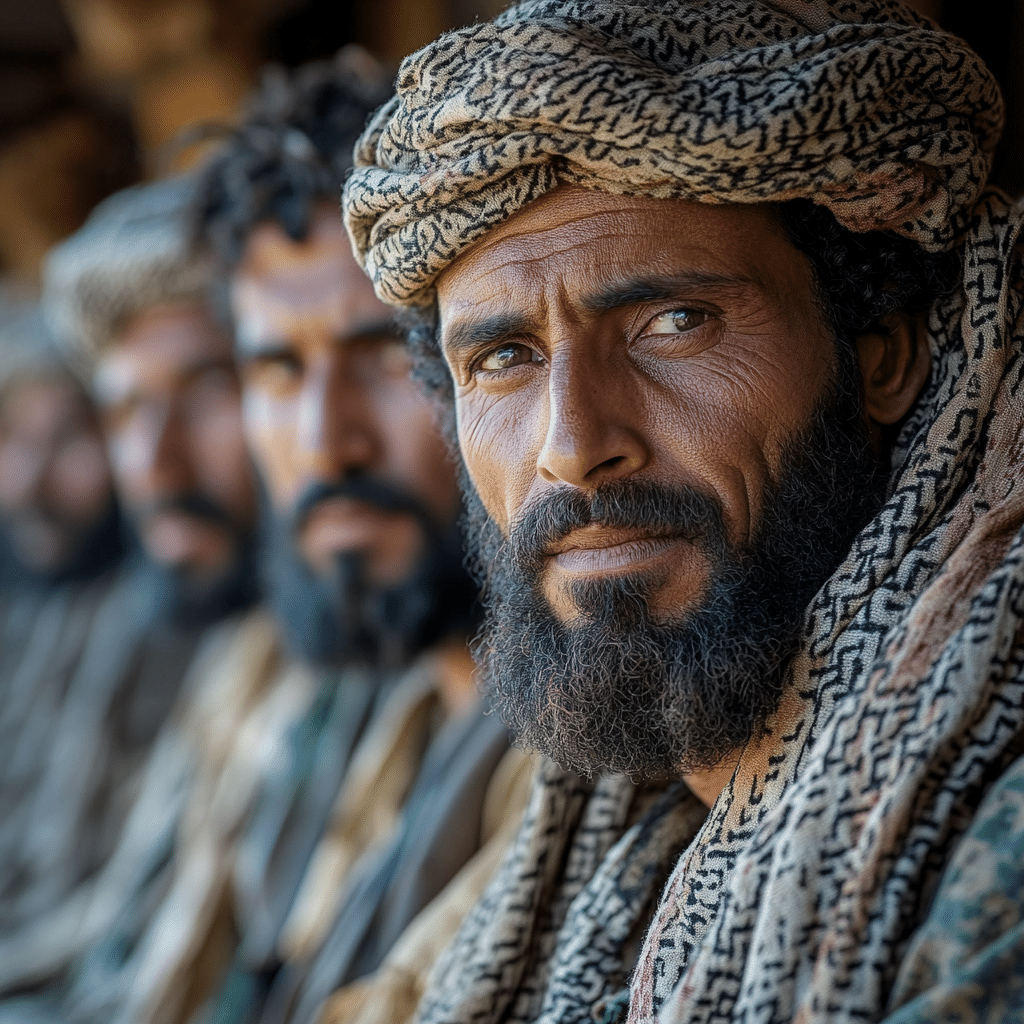
The Future of Houthi Power in Yemen and Beyond
As we look toward 2024, the trajectory of the Houthi rebels appears poised for continued escalation. Their ambition expands, seeking to govern all of Yemen while simultaneously bolstering movements opposed to both U.S. and Israeli presence in the region. This lingering threat could spark more direct confrontations with Saudi Arabia, potentially pulling Israel into the fray as well. Global powers must recognize that the situation isn’t likely to diffuse on its own; stronger measures and strategies will be needed to counteract this increasingly aggressive faction.
The potential for the Houthis to set off a fresh wave of conflict is clear, rendering the ongoing situation a tinderbox that could spark unexpected consequences if not handled wisely. The risks they pose extend deeply into regional and perhaps global affairs that merit serious attention and thoughtful action from those in power.
Navigating the Complex Geopolitical Landscape
It’s crucial for global powers to engage with the challenges presented by the Houthi rebels and their dimensions shaped by a historical understanding of the region. This isn’t a mere military crisis but a complex interplay of identity, resources, and sovereign claims that won’t simply resolve with force. As the turmoil continues to unfold, effective diplomatic engagement becomes crucial to alleviate the humanitarian catastrophe and establish a stable political environment—not just in Yemen but in the wider Middle East.
In confronting the Houthi rebels, one cannot overlook the interwoven threads of power, ideology, and regional stability. The struggle for control and influence remains fierce, and how nations choose to respond will send ripples throughout the globe. Resilience and adaptability will be key qualities to component to avert further descent into chaos and subversion.
The narrative around the Houthi rebels depicts far more than just a conflict within Yemen; it reflects the broader themes that define an era of geopolitics marked by shifting allegiances and emerging threats. As the new year unfolds, both the stakes and the stakes continue to rise in a volatile region that tests the resolve of both allies and adversaries alike.
As this unnerving situation develops, conservatives must remain informed and vigilant, as the repercussions extend beyond merely one conflict, resonating deeply across the fabric of international relations. The outcome in Yemen could shape the contours of future global interactions, and it’s up to engaged citizens to drive the conversation and cultivate awareness of these pivotal issues.
Fun Trivia and Interesting Facts About Houthi Rebels
Historical Connections and Global Perspectives
The Houthi rebels, primarily active in Yemen, have a fascinating, albeit turbulent, history that’s intertwined with global events. They arose from the Zaidi Shia movement, tracing their roots back to the 1990s. Interestingly, their rise can be compared to other significant movements that have shaped countries around the globe. For example, just as World War II shifted the political landscape across nations, the conflict in Yemen is reshaping alliances in the Middle East today. As these rebels challenge the regional powers like Saudi Arabia, one can’t help but notice the broader implications for global security.
A Cultural Contrast
In addition to their military aspirations, the Houthi rebels’ culture is rich and diverse, similar to geographical marvels like the Maldives, an island paradise noted for its beauty and cultural diversity. Did you know that Yemen is home to some stunning architectural sites, much like the famed St. Helena hotels which draw visitors for their historic significance? Both Yemen and St. Helena share tales of resilience and the enduring impact of their cultures. The Houthi rebels, while embroiled in conflict, represent the struggles and aspirations of their people, echoing the universal themes found in countless stories throughout history.
The Ongoing Conflict and Modern Challenges
The ongoing conflict in Yemen has drawn global attention, particularly as the Houthi rebels arm themselves in an age where technology plays a crucial role. Speaking of modern challenges, it’s quite striking how historical struggles are echoed in contemporary films—much like the enduring drama found in classics like “In the Heat of the Night,” where tensions run high and societal experiences are depicted in profound ways. Moreover, as we look at issues like Alzheimer’s disease symptoms impacting families worldwide, the implications of war and conflict on mental health should be highlighted. Just as a university like Florida University becomes a hub of knowledge, communities need to foster dialogue and understanding to tackle these challenges posed by armed conflicts like that of the Houthi rebels.
In conclusion, the story of the Houthi rebels presents a rich tapestry of history, culture, and ongoing strife, which continues to captivate global observers. Each facet, whether it’s their ties to world history or the cultural nuances of their homeland, adds layers to our understanding of Yemen’s political quagmire today.
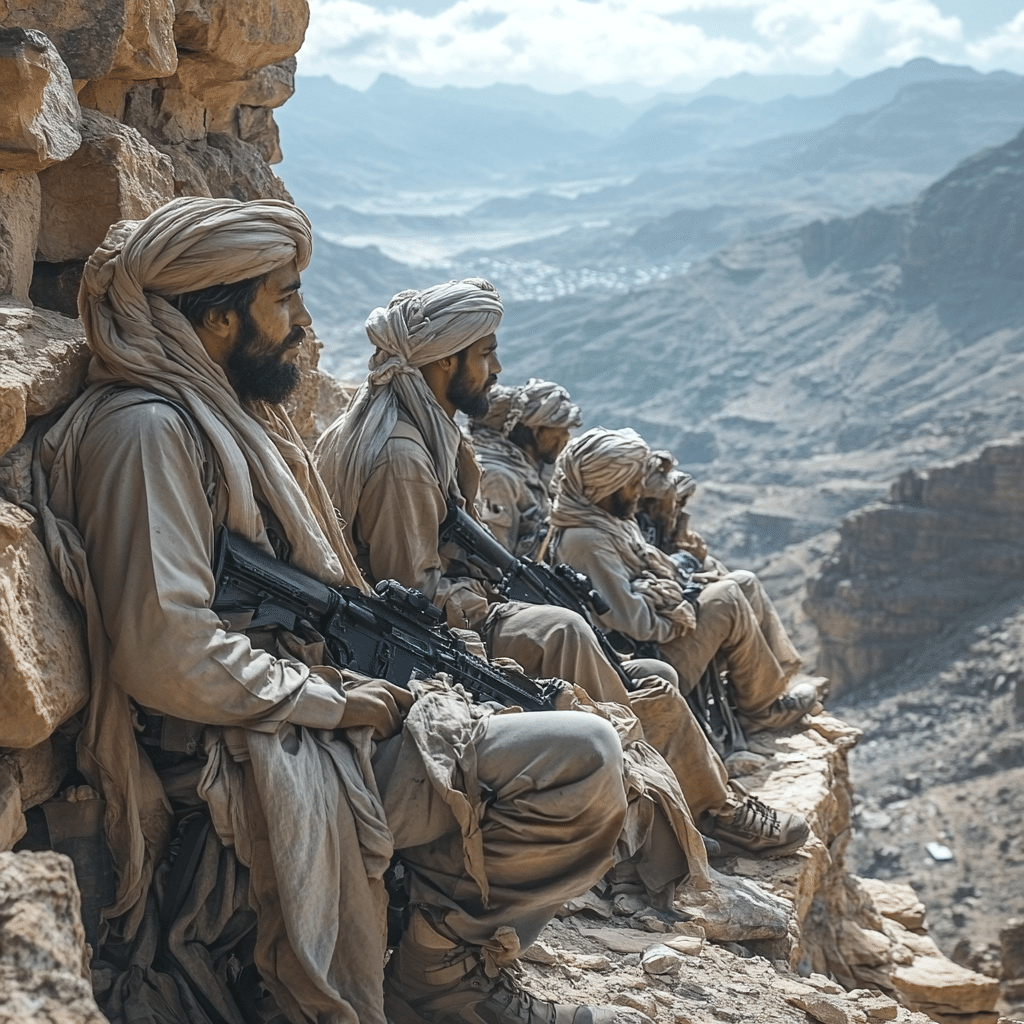
What do the Houthi rebels do?
The Houthi rebels aim to take control of Yemen and often oppose the United States, Israel, and Saudi Arabia in their actions. They’re also involved in broader regional conflicts tied to Iran.
What is the Houthi issue in Yemen?
The Houthi issue in Yemen revolves around their desire for autonomy and governance over the country, which has sparked a complex civil war and made Yemen a battleground for regional power struggles, particularly between Iran and Saudi Arabia.
What areas do the Houthi rebels control?
The Houthis control large parts of northern Yemen, including the capital, Sana’a, and some key coastal areas, positioning themselves as a significant political and military force in the country.
Who supports Houthi rebels?
The Houthis receive support primarily from Iran, which provides them with military assistance and ideological backing to further its own interests in the region.
Why is the US attacking Yemen?
The U.S. has targeted certain groups in Yemen as part of its broader counter-terrorism efforts and to address security concerns related to Houthi attacks on Saudi Arabia and threats to shipping lanes.
Why did the Houthis take over Yemen?
The Houthis took over Yemen following years of unrest and political instability during the Arab Spring, capitalizing on local discontent and leveraging their military strength to seize control.
Who does Russia support in Yemen?
Russia tends to support the Houthi rebels, aligning itself against Saudi influence in Yemen, while also positioning itself as a counterweight to U.S. interests in the region.
How is Houthis pronounced?
“Houthis” is pronounced as “Hoo-thees,” and the name comes from their founder, Hussein Badreddin al-Houthi.
Is it safe to travel to Yemen right now?
Traveling to Yemen right now isn’t safe due to ongoing conflict, humanitarian crises, and risks from violence and instability, so it’s best to steer clear.
Is Yemen Sunni or Shia?
Yemen is predominantly Shia Muslim, with the Houthi movement representing the Zaydi Shia sect, which distinguishes them from the majority Sunni population in the region.
Who is supplying the Houthis?
The Houthis are primarily supplied by Iran, which provides them with arms, military training, and logistical support, strengthening their capabilities in the conflict.
Who runs Yemen?
Yemen’s government is currently fragmented, with the Houthis controlling significant territory while an internationally recognized government operates out of the southern regions.
Who are the hoodies in the Middle East?
“Hoodies” seems to be a mix-up; the correct term is “Houthis,” referring to the rebel group in Yemen.
Are Iran and Yemen allies?
Iran and Yemen have an alliance through the Houthis, as Iran supports them in their fight against opponents like Saudi Arabia, fostering a shared agenda.
Do the Houthis control the Red Sea?
The Houthis do not control the entirety of the Red Sea but have conducted attacks on ships in the region, threatening maritime security.
Who are the hoodies in the Middle East?
The question about “hoodies” appears to be a typo as it refers back to the Houthis, a significant political and militant group involved in Yemen’s civil strife.
How many ships were attacked by Houthis?
The Houthis have attacked several ships in the Red Sea, but specific numbers vary based on different reports and situations.
What weapons do the Houthis have?
The Houthis have a range of conventional weapons, including missiles and drones, which they use to confront both Saudi forces and allied regional powers.
How is Houthis pronounced?
“Houthis” is pronounced as “Hoo-thees,” with the name derived from their origins and leaders.

